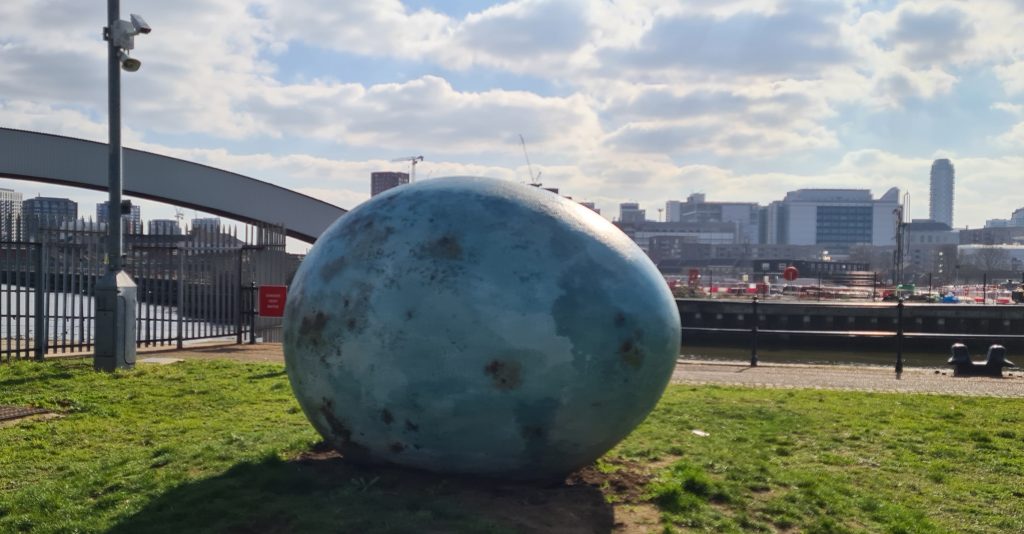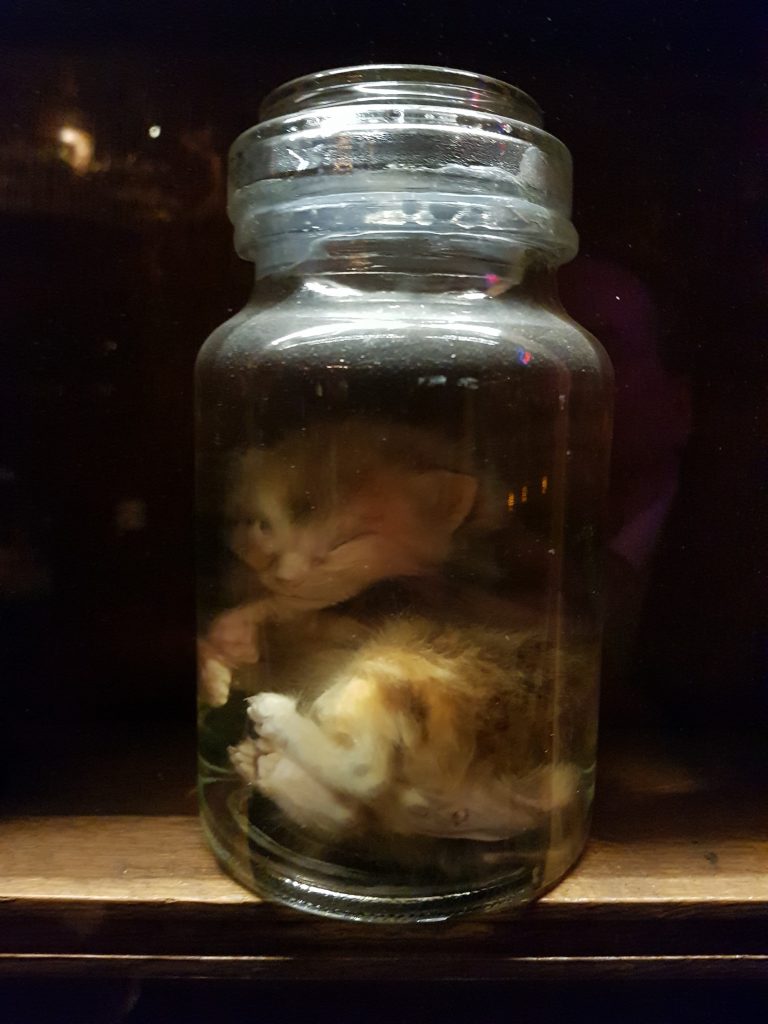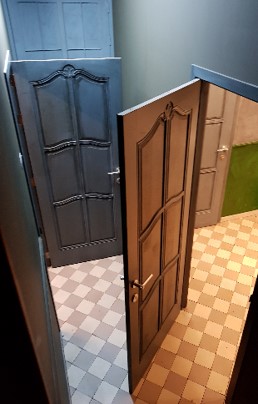Our family is full of amateur linguists. Dotted round we have fluent Italian, German, French, Dutch, and Japanese speakers. Some family members dabble in Chinese, Korean, Polish, Portuguese, Spanish, Latin, Greek, and Hebrew. A few even claim English proficiency. Many of us enjoy Duolingo, with Luis van Ahn’s great Guatemalan back story. Some of us even pay for it.
Duolingo is a language-learning mobile app and language-proficiency assessment tool. The company follows a ‘freemium model’, i.e. the app is accessible without charge, although Duolingo offers a paid premium service. Duolingo claims over 300 million users.
So one day in 2020 lockdown I decide to mosey down the Duolingo Dutch pathway with a view to connecting better with my daughter who lives in the Netherlands. It should be easy. Dutch is obviously just a half-way point between English and German, no problem. In fact, given my paltry command of English and German combined, I must already be half-way there.
Initially, things went well. For those of you who haven’t used language teaching apps, they feed you a diet of simple games to make bearable the tedium of repetition and vocabulary that you need to go through to move towards fluency. You can imagine all the forms of “See Spot run”, “Is Spot running?”, “Can Spot run?”, “We all see Spot running” … and “We’re getting sick of Spot running everywhere”. Of course, all this is automated, a genuine danger where repetition is concerned. Endless repetition wears down your resistance and over time you gain a fairly solid command of a language’s foothills. In Dutch, this might go:
“Wat zegt Tommy?”
“What does Tommy say?”
“Ik wil een hond.”
“I want a dog.”
“Wat wil Tommy?”
“What does Tommy want?”
“Ik wil geen hond hebben.”
“I don’t want to have a dog.”
“Mogen we een huisdier hebben?”
“Can we have a pet?”
ad infinitum… just how most of those ‘can we have a pet’ conversations go for parents. Yes, a few thousand tedious hours ahead. I was resignedly clomping through endless repetitions, when a few surreal ones began to appear…
“Mijn huisdier is een neushoorn.”
“My house pet is a rhinoceros.”
Yes, you have been tippling too long.
“Ik praat niet tegen jou; Ik praat tegen de neushoorn.”
“I’m not talking to you; I’m talking to the rhinoceros.”
The second sign of madness, though perhaps a better class of
conversation.
“Dit is de
laatste keer dat ik een neushoorn koop.”
“This is the last time I buy a rhinoceros.”
Well, quite understandably, rhinoceri are very demanding
pets and quite tough on the furniture, let alone the china and the fishtank.
I took small notice, when suddenly a burst of useless phrases in the class drill tinkled the bells of unease:
“Mijn huid is paars.”
“My skin is purple.”
Go see a doctor, immediately.
“Waarom zijn mijn handen oranje?”
“Why are my hands orange?”
Been celebrating King’s Day a bit too
earnestly, eh?
“Zijn wij mannen of advocaten?”
“Are we men or lawyers?”
Are we going to still be friends if I answer truthfully?
“Veertig kleine paarden tegen één gigantische eend.”
“Forty small horses against one giant duck.”
It’s well known that ducks can be hard to get in the oven.
“Ik zie overal eenden.”
“I see ducks everywhere.”
Of course you do. If you’ve seen a giant duck take on forty horses and win, you’d be terrified of any terrine, let alone the sound of quacking.
“Is het ondergoed nog schoon?”
“Is the underwear still clean?”
Not if you’ve seen the duck I did!

Eclectic sentences certainly, but then things took an extremely dark turn:
“Snelle dieren en langzame kinderen.”
“Fast animals and slow children.”
What, are we watching them hunt on our front lawn?!
“De kok houdt van kinderen.”
“The cook likes children.”
Everybody is chasing them.
“Je bent helemaal niet slecht.”
“You are not at all bad.”
Oh my god, they went through with it!
Eerily, like The Manchurian Candidate, I realise that I am being brainwashed. Duolingo even starts feeding me subliminal phrases that will help me prove my innocence when I talk to the police:
“U kunt het ook alleen doen.”
“You can also do it on your own.”
I am studying on my own. How did you know?
“De lichaamsdelen zitten allemaal op de goede plek.”
“The body parts are all in the right place.”
Well, except that one over there in the corner.

I used to like my Dutch friends, now I begin to fear them. Why had I never seen this creepy side of Dutch culture, let alone cuisine, before? Suddenly it dawned on me. I had seen this culture, not least one night in Brussels at La Pharmacie Anglaise drinking cocktails surrounded by jar after jar of dead animals immersed in formaldehyde with an Alice-in-Wonderland decor on the trompe-l’œil descent to the toilets; the surrealism of Magritte or Baes; the comics of Jeroom or Hergé; let alone quite a bit of the Bruegel family’s work; and that anachronistic Melun Diptych of a blue Madonna breast-feeding that Fouquet could only sensibly display in Antwerp.
Duolingo lied to me. I am learning Flemish, not Dutch. Whew, no need for fear.
“Het is gewoon België.”
“It’s just Belgium.”
And for safety’s sake, perhaps Belgium doesn’t even exist? That would be an existential disappointment to this lover of the land of Michelin (stars) & Hoegaarden, consumer of moules et frites, and proud member of the Belgische bierproeverij. Oh, and there’s a giant beak behind you…
PS – If you enjoyed this, it’s possible that you might also appreciate a sister piece, “Learn Chinese In An Afternoon”, and no, not a single Duolingo phrase was altered in the production of this piece, honest.
PPS – The Dutch are not entireely oddity freely (sic) either.
PPPS – There is even a Dutch language graduation ceremony of sorts to read about.

